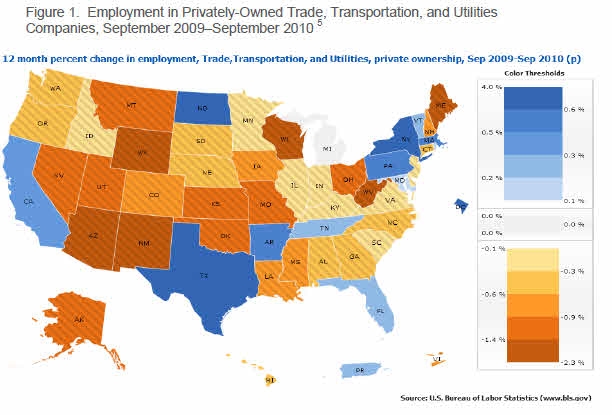One of the sectors that has showed vigorous growth is transportation, an industry where Latinos are overrepresented; But as more drivers switch to hybrid, electric or alternative fuel services, there will be greater demand for drivers trained in new “green technologies” to keep their jobs, and Latinos will require more training.
The study, Latinos in Transportation Sector from the National Council of La Raza, reports that one industry that has the potential to create jobs in nearly every state and community is transportation. The transportation and utilities industry employs a staggering 7.1 million workers per year. In fact, this sector is responsible for adding a significant share of new jobs that are helping the economy recover.
Approximately 1.1 million Latinos are officially employed in the transportation sector. Far more Latinos are employed in transporting people and goods than in manufacturing the equipment to do so.

Due to their strong presence in transportation-related occupations, Latinos have an opportunity to contribute to the “greening” of transportation. For example, as more drivers switch to hybrid, electric, or alternative fuel vehicles, there will be greater demand for automotive service technicians and mechanics to maintain these new cars. Latinos made up 20.3 percent of the workers in this occupation in 2010. However, not all workers in this occupation were prepared with the knowledge and skills to service cars with these new technologies. According to the Department of Labor, most of the occupations in green transportation will require workers to retrain or upgrade their skills and education in order to remain competitive as their field evolves
In order for Latinos to be qualified to meet the needs of green transportation businesses, they will need additional formal training and education. Unfortunately, the federally funded job training and adult education system has been slow in adapting to meet the needs of Latinos, who tend to have lower levels of formal education and skills and are more likely to face language barriers. Without workforce development programs that better serve the Latino workforce, Latinos risk being locked out of emerging employment opportunities in transportation.
Source: National Council of La Raza, “Latinos in the Transportation Sector,” April 2011.